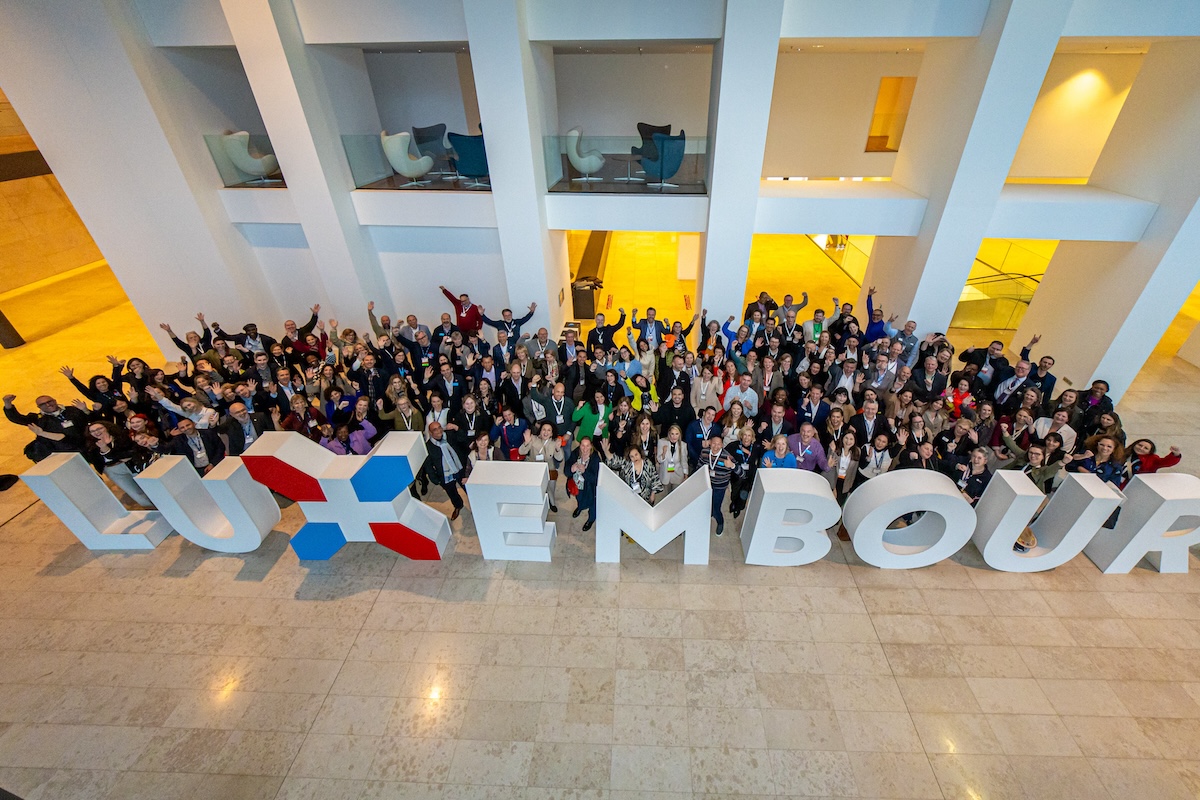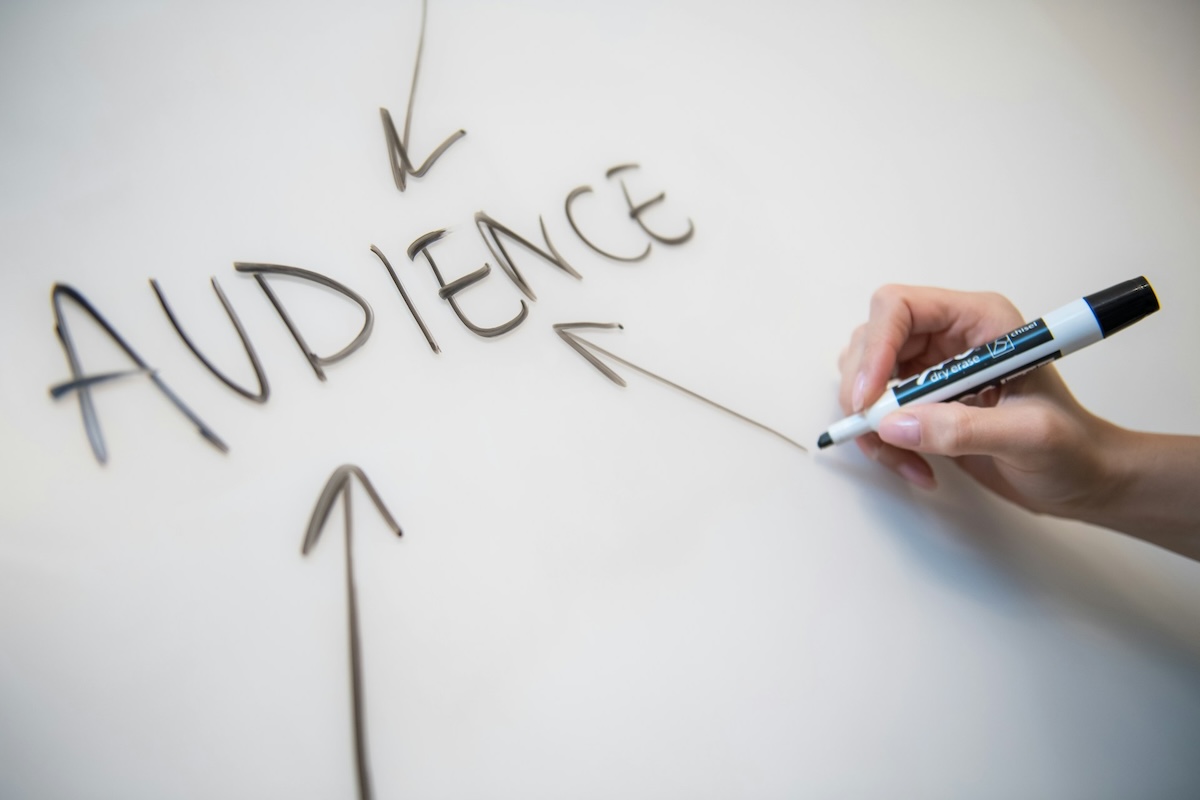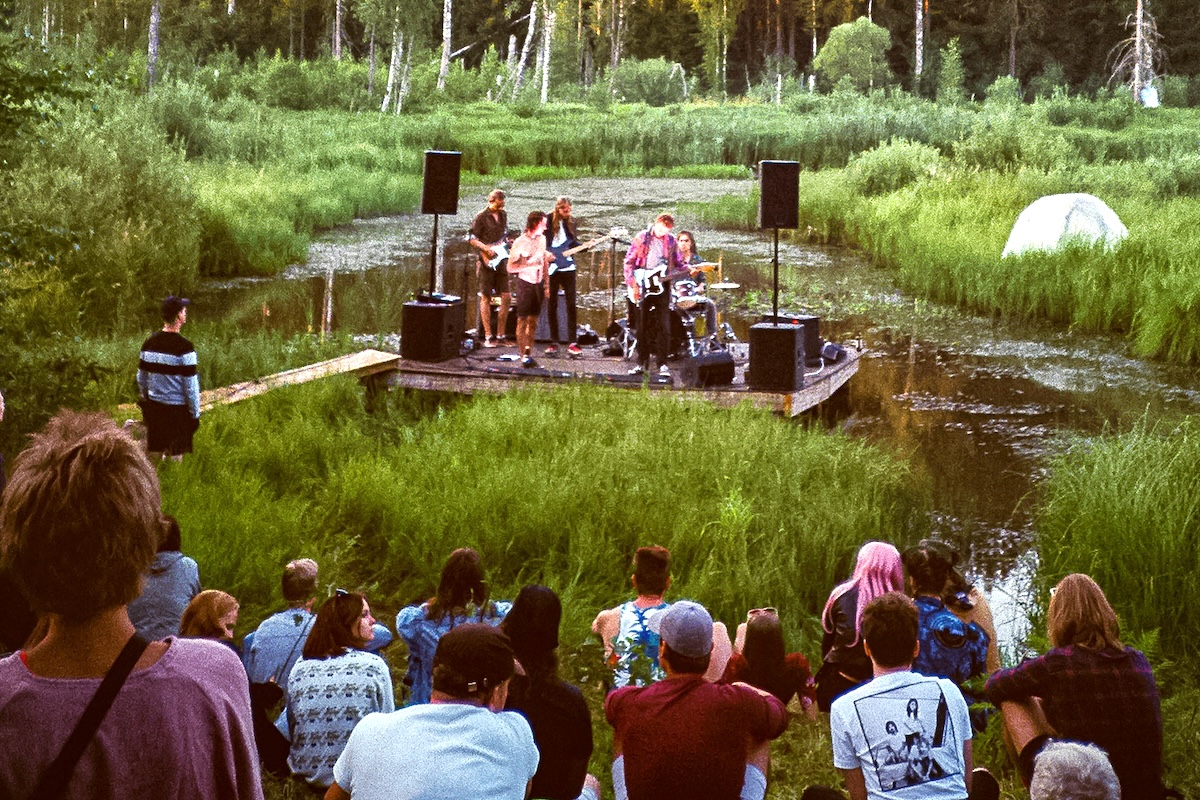Skift Take
If attendees are not enjoying their event experience, they will leave or not show up in the first place. Attendees now want more control over the event experience, so planners must become designers of time.
During the Covid pandemic, we began to value our time differently. This huge shift means that senior planners conclude that time with family is the biggest competitor to their events. As a result, “we need to stop wasting our time together, doing things we can easily do when we’re apart,” said Greg Bogue, chief experience architect at Maritz Global Events, speaking at the Skift Meetings 2023 Event Trends Summit.
“Time is the currency of experience,” Pine and Gilmore explained in their 1999 book The Experience Economy. For Bogue, the impact is simple. If attendees feel an experience is worth their time, they will stay engaged. Now planners must be sure that the answer to that question is yes for every participant.
“I like to think that time is more valuable to people than the cost of the tickets. The offerings have to be worth their time,” said Karen Hartline, Event Director at VentureBeat.
Attendees now want more control over the event experience, so planners and event designers must become designers of time. “Our job is to create an environment where the human spirit can flourish and we allow the attendees to find their path,” said Bogue.

Practical Implications
Bogue sees traditional events wrongly overloaded with jam-packed agendas as just exhausting. Instead, he urges a different approach that considers the best way to accomplish overarching goals and prioritizes event agendas for things we can only do when people gather in person.
“What’s the most important thing for your attendance? Networking. Why in the world do we not allow that to just be the purpose of the event?” said Bogue.
He questions the need for general sessions, mainly if attendees can consume the content in other ways. For example, at Maritz’s internal event, Bogue challenged leadership to drop speeches from the stage. Instead, they delivered them in advance via short video messages. This daring change was well received and achieved impressive results, with 650 guests viewing the nine-minute video 483 times. Organizers also used the video in post-event communications. This message delivery method is something that Bogue and his team will continue testing.
“I’m not saying the general sessions are wrong and we should never have them; I’m saying that the pieces of a general session that we can do somewhere else, maybe that’s what we offboard and we use that general session to really activate or bring about emotional change, our behavioral change,” said Bogue.
Simple changes can make a huge difference. Shorter sessions, longer breaks, and more extended lunches (outdoors, if possible) are all recommended by Bogue. Providing communal work areas is also a sign of designing for attendee needs. “Why send attendees to their rooms to get work done, create more space for them to remain a part of the event while handling the demands of their jobs,” he said.
Future-Proof Meeting Design
“Perhaps establishing a crystal-clear purpose for that event can help eliminate many of those things that no longer serve that purpose,” said Bogue. For him, events have become clogged with things we kept adding.
The actual test is if people invest their time in events, thus proving that time really is the currency of experience.
One challenge remains that event designs are linear, while Bogue expects attendees to “experience things at different times and at different rates and patterns.”
Leadership Approval
Data is the gateway to conversations with executives. If we know the audience preferences, then this data is our friend to guide us at the senior levels. But delivering change should not be undervalued. “We have to begin to understand the needs of the individual to unlock opportunities for [change] to occur, “said Bogue. “If we’re gonna try to activate emotion or get people moving in a new direction, there’s a lot of value in that,” he added,
Ultimately, if attendees are not enjoying their event experience, they will leave. After all, they value their time more than ever. “We started with we’re gonna do an event to you, then we’re gonna do it for you. We’re in this mindset right now while we’re doing events with you, but I certainly think that the future of events is the attendees designing it for themselves,” concluded Bogue.
Catch up on the full 2023 Event Trends Summit, now available on demand at no cost.
Photo credit: Agê Barros / Unsplash





